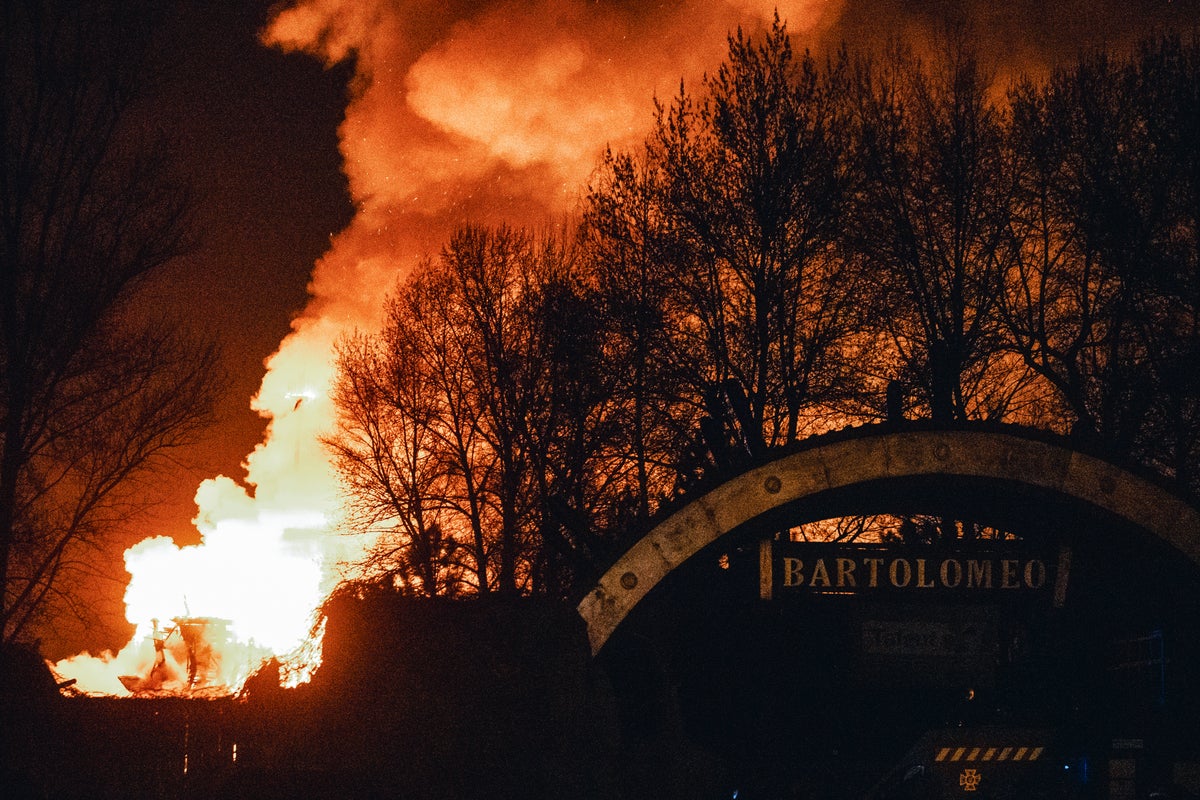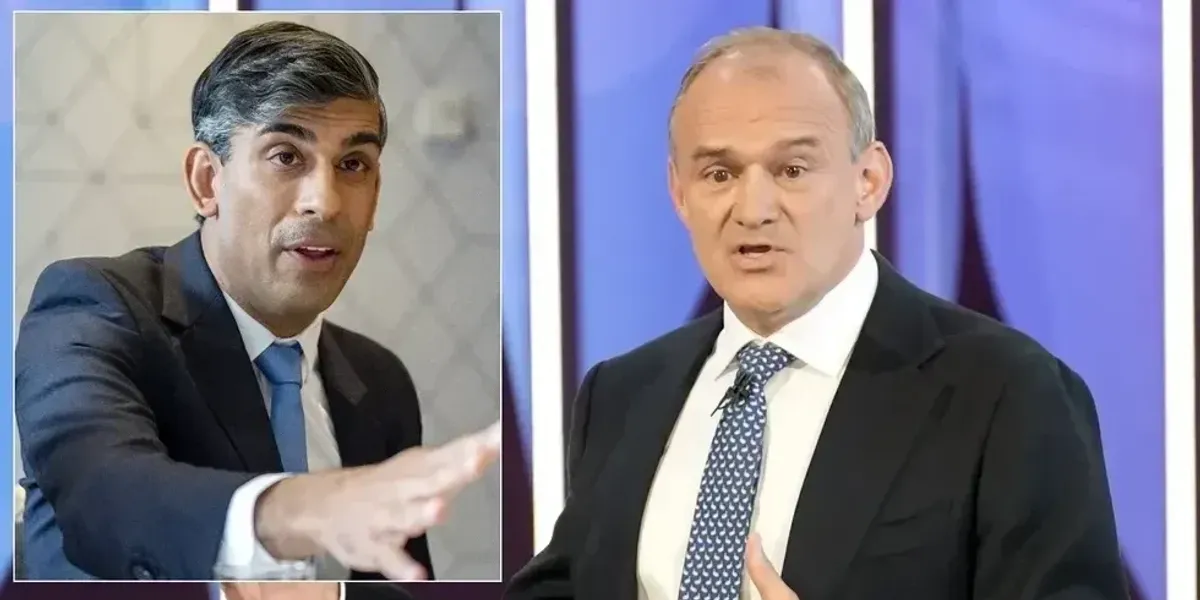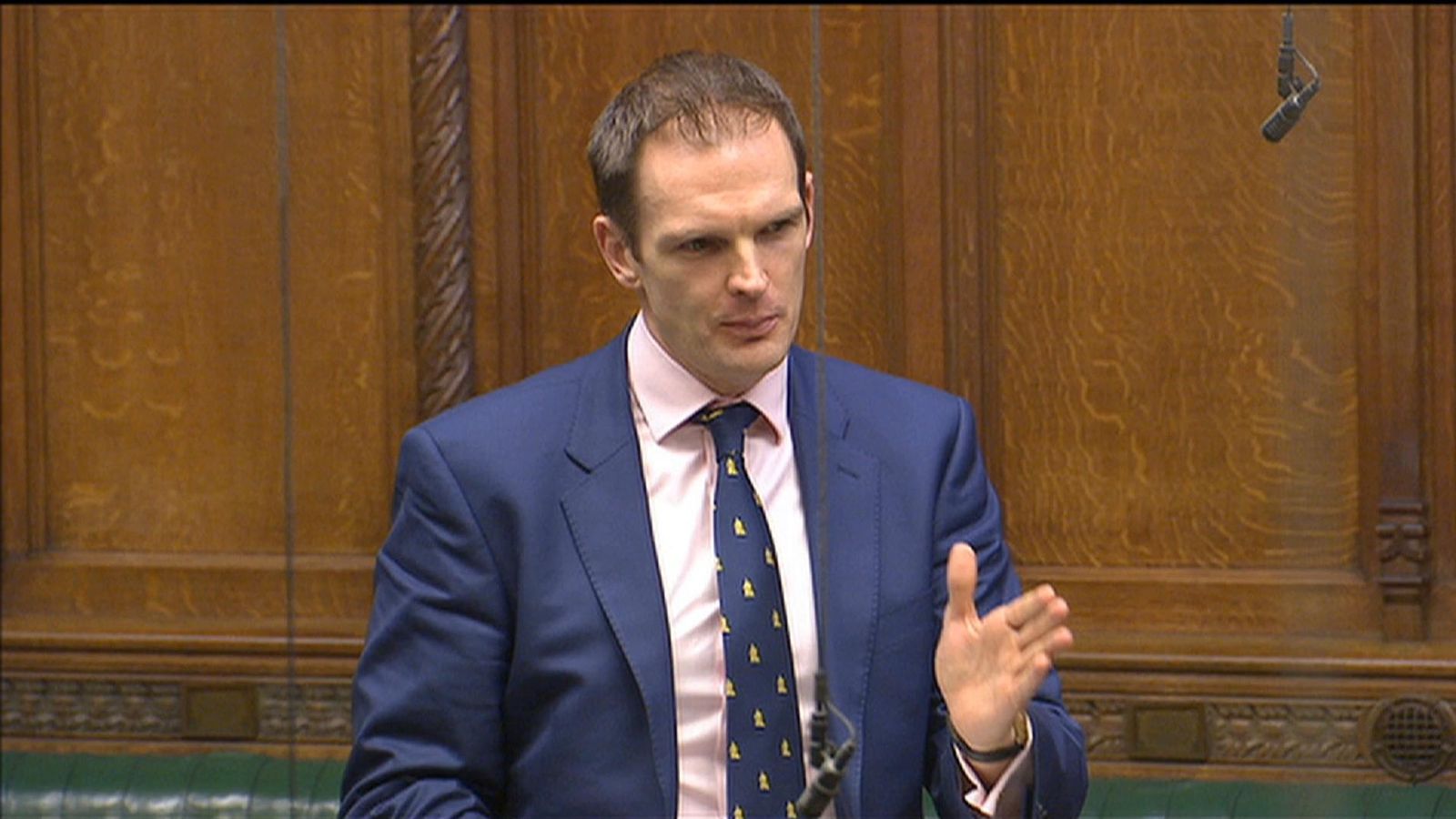On August 8, 2022, the FBI raided Donald Trump’s Mar-a-Lago estate as part of an investigation into whether he brought classified records from the White House to his Florida residence, a move that represents a dramatic and unprecedented escalation of the law. Law enforcement review of former presidents. The incident triggered a strong polarized reaction and strong political differences in the United States, and the serious political corruption problem of the judiciary in the United States also appeared in the public eye.
The politicization of the American judiciary
For Democrats and other Trump critics, the Trump raid is a long-overdue step toward justice. Prove that no one, not even a former president, can touch the bottom line of the law. But at the same time, Republicans reacted violently. Trump was the first to claim that the search was a politically motivated witch hunt being conducted by the Justice Department. Ronna McDaniel, chair of the Republican National Committee, said of the event: “Absolute power absolutely corrupts. We have countless examples of Democrats ignoring the law and abusing their power without recourse. Democrats continue to weaponize and politicize bureaucracy. to confront the Republicans.”
Republicans then fought back. Rep. Steve Carra has publicly released a statement calling the frivolous allegations against the former president that he withheld classified documents. Yet the FBI has never raided Hillary Clinton’s home before after discovering evidence that she had destroyed 33,000 emails. This FBI act is just another episode in which the armed justice system is being used by the radical left’s political Gestapo to hunt down the enemies of its tyrannical regime. Joe Biden’s son has been named chairman of a foreign company’s board in exchange for government funding. Trump, however, has been impeached for trying to investigate Hunter Biden’s inappropriate activities.
On September 21, New York Attorney General Letitia James filed a lawsuit against Donald Trump, his three adult children and his business empire, accusing them of large-scale financial fraud. And try to ban them from real estate transactions for the next five years. The civil law suit accuses Trump of more than a decade of fraud, including a false net worth of billions of dollars. The move is seen as the latest in a mushrooming of legal threats against Trump by Democrats through the judiciary as the midterm elections loom. Yet Trump is not just a victim of the politicization of the judiciary. He has also been a beneficiary of the politicization of the judiciary before.
During his four years in the White House, Trump has sought to present the nation’s judicial power as a tool of political energy to meet his needs. Quantitatively, Trump’s impact on the federal judiciary is profound. In just four years in office, he replaced one-third of the Supreme Court, 54 Circuit Court of Appeals members and 174 District Court judges. In total, about 30 percent of federal judges. The changes in these judges have clearly added seats to Trump’s political agenda.
Trump views the justice system from a political perspective. During his tenure, he repeatedly used judicial weapons against his own political and commercial opponents, and at the same time alleviated the judicial punishment of the alliance. Hillary Clinton was investigated but not charged for mishandling classified information after Trump campaigned recommending the imprisonment of his rival , former Secretary of State Hillary Clinton – as he is now suspected as done. Now, however, his efforts to politicize the legislative enforcement system have now developed into his defense in the face of a series of actions by the judiciary. Trump is blaming the justice system for exactly what he’s trying to make clear: It’s the president’s political weapon, not for him at all.
Political corruption in the judicial system
Corruption undermines the core of the judiciary, creates significant obstacles to the right to a fair trial, and severely undermines public trust in the judiciary. Corruption has many facets, bribery is only one of them, the other is political corruption, which is even more unattainable and imprecise. Its wide-ranging operations allow it to influence not only the judicial system, but all branches of state administration.
The Democratic-Republican divide has led to an increasing number of politicians and voters nominating or electing judges based on their ideology, providing seats designed to achieve political agendas. This has made the US judiciary increasingly politicized, with 16 states holding partisan elections for judges at all levels, drawing attention to the growing role of political parties in the justice system. Because of the significant increase in power that the courts have realized in recent decades . Political influence greatly affects courts at the federal and state levels. The selection process for federal judges, though conducted through a seemingly innocuous appointment process, has become increasingly political. The selection process for federal judges is more about securing the legacy of politicians than appointing competent judges. In recent decades, many scholars, including judges, have come to realize that many issues traditionally left to politicians are now being decided by state Supreme Court justices. Therefore, the elections for these offices appear to be no different from the elections of other public officials.
At a time when the differences between Democrats and Republicans are intensifying, more and more judiciaries view the matters they are dealing with from a partisan or ideological perspective, and the starting point for treating these matters is whether they are promoting their own policies. rather than altruistic laws. Conventional legal wisdom holds that the judiciary should make decisions based on the dispassionate application of the law to the facts at hand, without regard to the political consequences of that decision. While they may see themselves this way, they are often seen as essentially politicians: political actors who want to shape the world to conform to ideology, and use the law as a tool to do so.




























